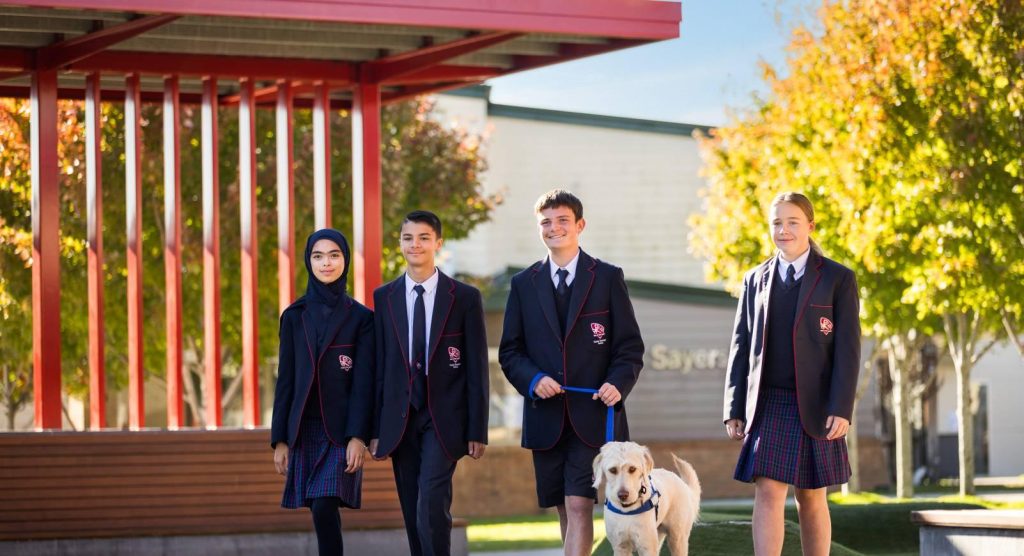Friendships
The start of a new school year can be an opportune time for students in all year levels to establish new friendships. There are often changes within friendship groups as students mature and develop at different rates. Younger students may be starting to identify their own values, and older students may be finding that their values are changing as they move towards adulthood.
As school counsellors, students frequently tell us they would like to move friendship groups or widen their existing network of friends. Often, they will tell us they would like to find people who are ‘like me,’ be that quiet and introverted or extroverted and talkative. However, when asked what they like in their current friends, students will identify the talkative and enthusiastic friend, the friend who organises get-togethers and the friend who makes the rest of the group laugh.
They can identify that everyone in the friendship plays a different role and has something unique to contribute to the friendship. This equally applies to students who prefer to have one or two close friends, rather than belong to a larger group. Indeed, the research referred to in the article linked below has shown that being satisfied with a friendship is not related to how similar two people are in terms of personality.
The article in the link below examines whether friends who are more or less alike leads to enduring friendship. It also explores the role of personality traits and perceptions of others in forming friendships that can last a lifetime.
Mandy Barr, Joanne Devota-Rando, Sarah Quin
Student Councellors

 273
273











